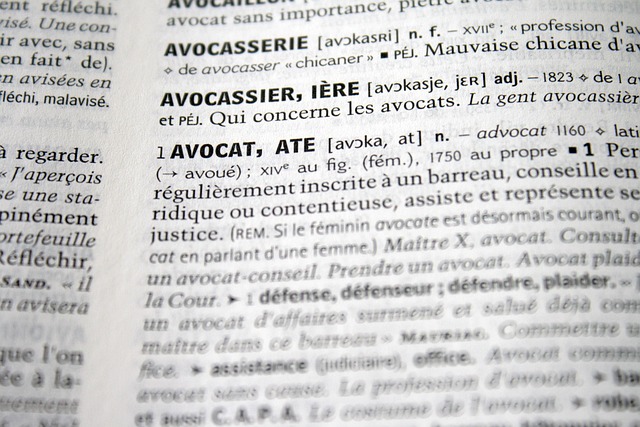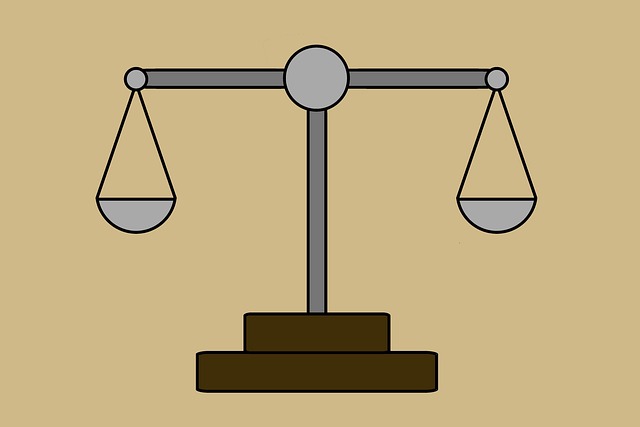Rear-end collisions cause significant issues. Understanding your car accident compensation rights is vital. Legal help from a personal injury attorney streamlines claims, proving negligence and causation for financial recovery. Assess damages including physical injuries, medical bills, lost wages, property damage, and pain & suffering. Time limits apply, so promptly consult an experienced Miami auto accident attorney for guidance and fair car accident compensation.
In the event of a rear-end collision, understanding your rights for car accident compensation is crucial. These accidents are among the most common causes of vehicle damage and injuries, yet claims can be complex. This article guides you through the process, focusing on rear-end collision claims, evaluating damages, and navigating the compensation process. By understanding these key aspects, you’ll be better equipped to secure fair car accident compensation for your troubles.
- Understanding Rear-End Collision Claims
- Evaluating Damages and Compensation
- Navigating the Compensation Process
Understanding Rear-End Collision Claims

Rear-end collisions are a common type of car accident that occurs when one vehicle bumps into the back of another. These accidents can range from minor fender benders to severe, life-altering events. Understanding your rights and options for car accident compensation is crucial in these situations. If you’ve been involved in a rear-end collision, you may be entitled to seek financial recovery for your losses.
A successful claim involves demonstrating that the at-fault driver was negligent and that their actions directly caused your injuries or property damage. A personal injury attorney, such as an Orlando auto accident attorney or one in Miami FL, can help you navigate this process by gathering evidence, communicating with insurance companies, and advocating for your client recovery. It’s important to act promptly, as there are often time limits for filing claims and seeking compensation.
Evaluating Damages and Compensation

When it comes to evaluating damages and compensation in a rear-end collision, several factors come into play. The first step is to assess the extent of injuries sustained by all parties involved. This includes both physical and emotional trauma, as well as any long-term effects that may arise from the accident. Medical bills, rehabilitation costs, and lost wages are also significant components in calculating compensation. A Miami auto accident attorney can help navigate these complexities and ensure that victims receive fair reimbursement for their expenses.
Additionally, non-economic damages such as pain and suffering, disability, or disfigurement should be considered. In some cases, even property damage, including vehicle repairs or replacement, can factor into the overall compensation. The process of filing an accident claim involves gathering evidence, documenting losses, and negotiating with insurance companies. It’s crucial to have a comprehensive understanding of your rights and the legal framework surrounding car accident compensation in order to secure the best possible outcome for your accident claim.
Navigating the Compensation Process

Navigating the car accident compensation process can seem daunting, especially after a rear-end collision. The first step is to ensure everyone’s safety and seek immediate medical attention if needed. Following this, document all details related to the incident, including taking photos of the vehicles involved and the scene. This is crucial for building a solid case later.
Next, it’s important to consult with an experienced legal professional who specializes in car accident compensation. They can guide you through the process, helping you understand your rights and options. They will gather evidence, communicate with insurance companies on your behalf, and negotiate a fair settlement for your truck accident injuries or other related damages, ensuring you receive the slip and fall compensation you deserve.
A rear-end collision can result in significant physical and financial consequences, but understanding your rights and the compensation process is crucial. By evaluating damages, which may include medical bills, vehicle repairs, and pain and suffering, you can navigate the claims process effectively. This ensures you receive fair car accident compensation for your troubles, enabling a smoother recovery and financial security moving forward.






